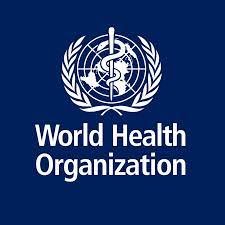The World Health Organization (WHO) has raised an alarm over the rising cases of hearing loss in Africa, projecting an increase from 40 million to 54 million people by 2030 if immediate measures are not taken.
This warning was highlighted in the newly released Status Report on Ear and Hearing Care in the WHO African Region, which was unveiled during the African Summit on Hearing Impairment in Nairobi, Kenya.
In a post shared on its official X handle, WHO emphasized the severe consequences of untreated hearing loss, which currently costs the continent $27 billion annually.
“Hearing loss has a profound impact on lives and economies,” the report stated, pointing out that the burden falls disproportionately on poor and vulnerable populations.
The report further highlighted the effects of hearing loss on various demographics, noting that among children, it often leads to language development delays and poor educational performance. In adults, untreated hearing loss can result in social isolation, depression, and even dementia.
A critical factor contributing to the rise in hearing impairment is the shortage of ear, nose, and throat (ENT) specialists across Africa.
According to the report, more than 56% of African nations have only one ENT specialist per million people, a stark contrast to Europe’s 50 specialists per million.
The situation is exacerbated by the lack of audiologists, speech therapists, and the high cost of hearing aids.
To tackle this growing crisis, WHO has urged African governments to integrate ear and hearing care (EHC) into their existing health programs, prioritize public health initiatives, and explore public-private partnerships to ensure better access to care.




My brother recommended I might like this web site He was totally right This post actually made my day You cannt imagine just how much time I had spent for this information Thanks